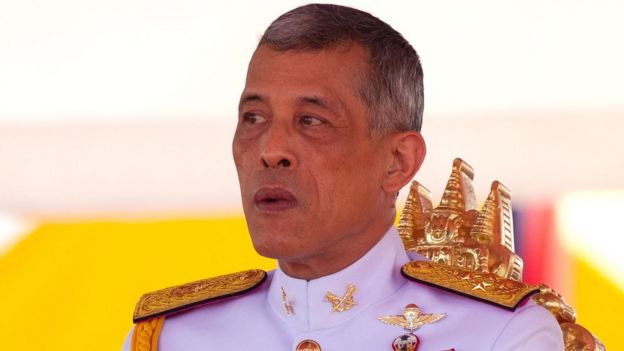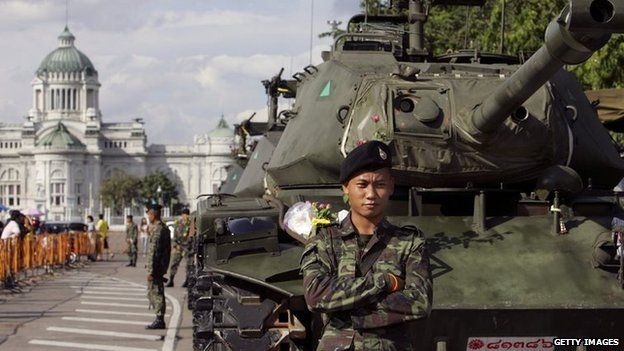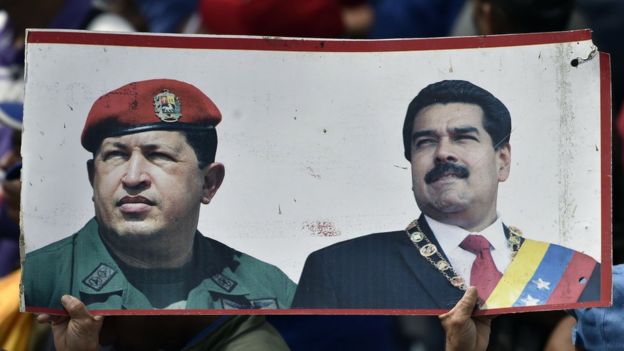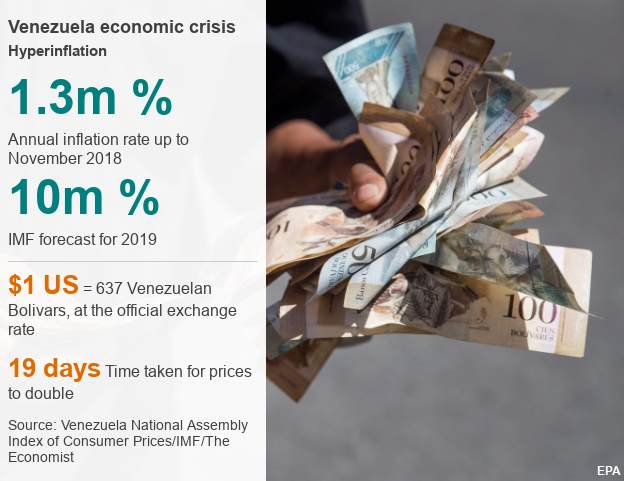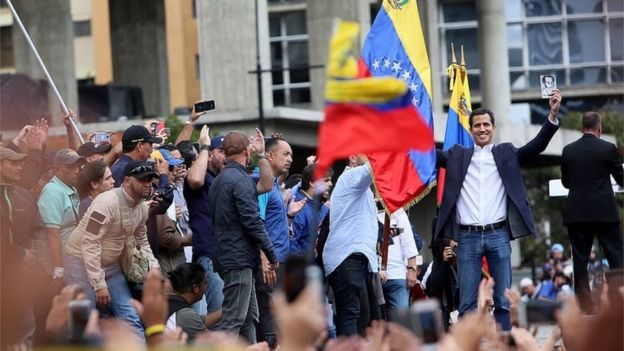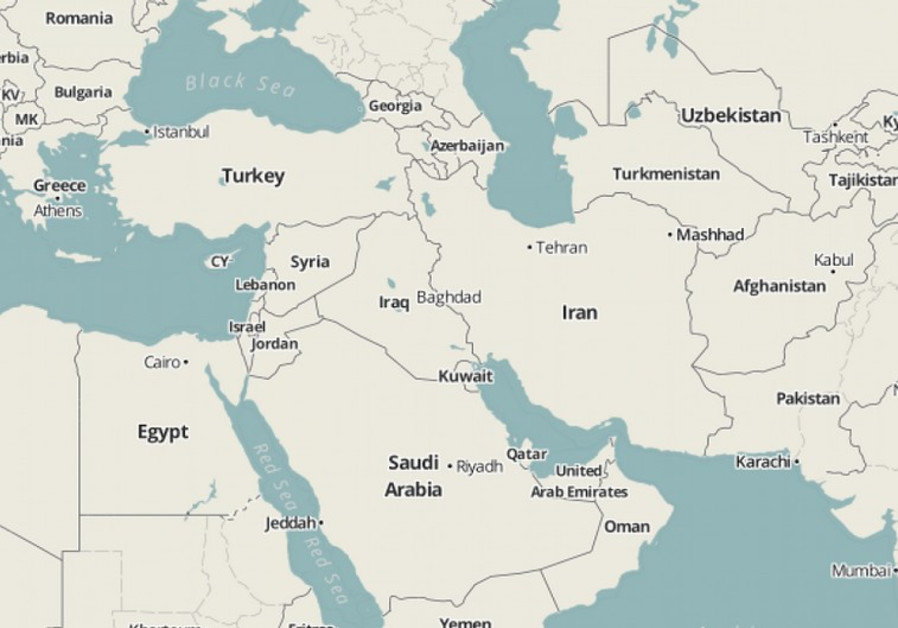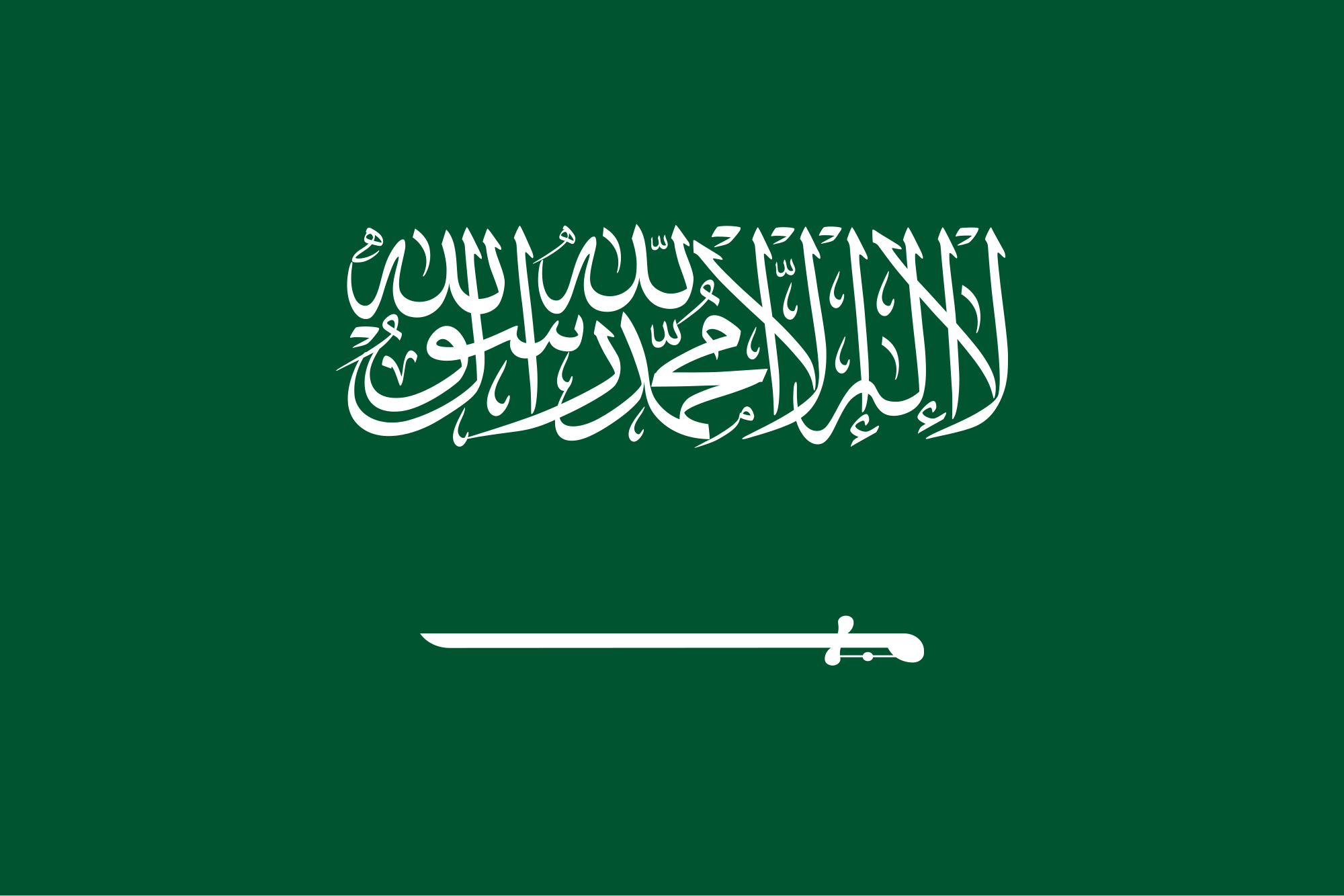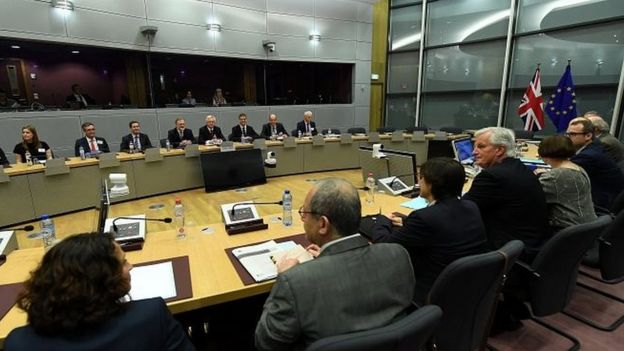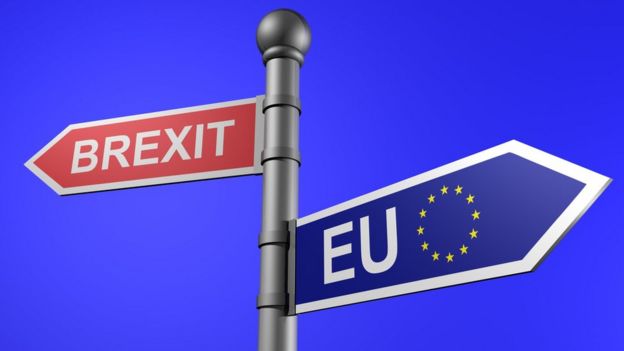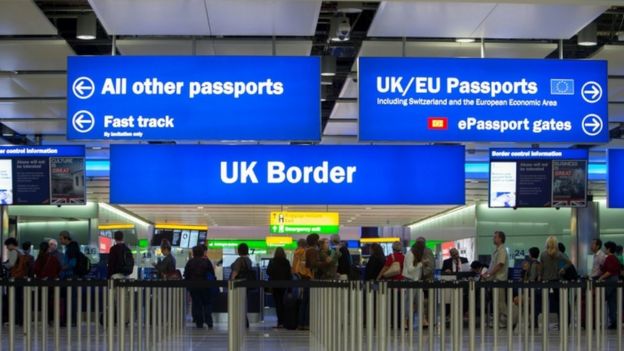One of the most popular topics in the international politics world is Brexit. The entire world is wondering what will happen with the United Kingdom if they leave the EU. On March 21, Donald Tusk, President of the European Council, finally announced that 27 EU leaders had agreed unanimously on a response to the British Prime Minister’s request to delay Brexit and avoid a chaotic split on March 29. And to everyone’s surprise, they offered her two options.
First, a short delay, giving the UK until May 22 to get its affairs in order before leaving the EU. But that option is only available if lawmakers in the House of Commons approve Theresa May’s overall withdrawal deal next week.
Alternatively, option two kicks in if Theresa May loses the third “meaningful” vote on her deal. That allows the UK to stay in the EU until April 12, at which point it must make a choice: Take part in the European parliamentary elections in May and seek a longer delay to Brexit, or don’t. Should it come to it, the implications of that decision will be the next big Brexit bust-up.
This leaves two options of what will come next:
The first would be that the Members of Parliament approve Theresa May’s deal.
Therefore, the UK would leave under Theresa May’s EU Withdrawal Agreement on 22 May, to enable Parliament to pass all the legislation needed. But getting it approved will be a tough task for Mrs May, especially after she angered Members of Parliament on Wednesday by going on television to essentially blame them for the impasse. She did offer a more conciliatory tone on Thursday but it remains to be seen if she will be able to convince Members of Parliament to back her agreement.
The second would be that the Members of Parliament reject Theresa May’s deal.
Then the UK could still leave with no deal on 12 April if a way forward is not found. But other options include:
- Parliament could try to take control of the process and offer a new strategy. Members of Parliament have been told that if the deal is rejected they can hold a series of “indicative” votes to see if there is a majority for any particular alternative, such as staying in the EU Customs Union
- The opposition Labour party could table a vote of no confidence aimed at bringing down Mrs May’s government – but it would require the support of some of Mrs May’s own Conservatives. It is not clear what would happen to the dates set by the EU
- Mrs May could ask Parliament to hold an early general election or, most unlikely, call another referendum. Again, it is not entirely clear what would happen in that scenario
- Article 50, the two-year treaty provision that the UK invoked to leave the bloc in 2017, could be revoked by Mrs May, delaying Brexit indefinitely. But she is strongly opposed to that. A petition calling for the article to be revoked has reached more than three million signatures
Frustration with Britain’s political dysfunction has been palpable in Brussels, which has seen its agenda hijacked by the constant twists and turns of a divided British government that seems incapable of deciding what it wants.
The other European leaders believe that Mrs. May has lost much of her authority, and they have largely lost faith in her ability to deliver on Brexit. The option of a longer extension is meant to give Parliament time to take control of the process, if it can, or even for the British to have a general election to break the current political impasse.
Mrs. May’s plan would eventually give Britain power over immigration from Europe, but tie the country to the European Union’s customs and trade system until at least the end of 2020.
Speaking after the meeting, Mrs. May insisted that Britain would leave the European Union, but gave no clarity on what would happen if her deal is rejected next week.
Even though this is a problem occurring within the European Union countries, it is a big problem for the entire world.
If you’re a European nation: You have the most to lose. Just under half of the UK’s exports go to the EU. Just over half of its imports come from the other 27 nations in the bloc. All of that is now up for a renegotiation. Whenever Europe’s done something useful on that front, the UK — a serious military power — has often been in the driver’s seat. So, the EU is losing a heavyweight.
If you’re the US: The world’s already dangerous and volatile enough. Some in the United States may worry that the unraveling of the union — a vital ally — will unleash more instability. The UK also is America’s seventh-biggest trading partner. This could cause problems in the future.
If you’re any other nation: The UK has the fifth-biggest national economy in the world. Think of the effect Brexit will have on the world’s markets. Even if they don’t collapse, the uncertainty is bad enough. Markets love stability. And unstable markets equal potential bad news for a country’s economy.
Images Courtesy of CNN





